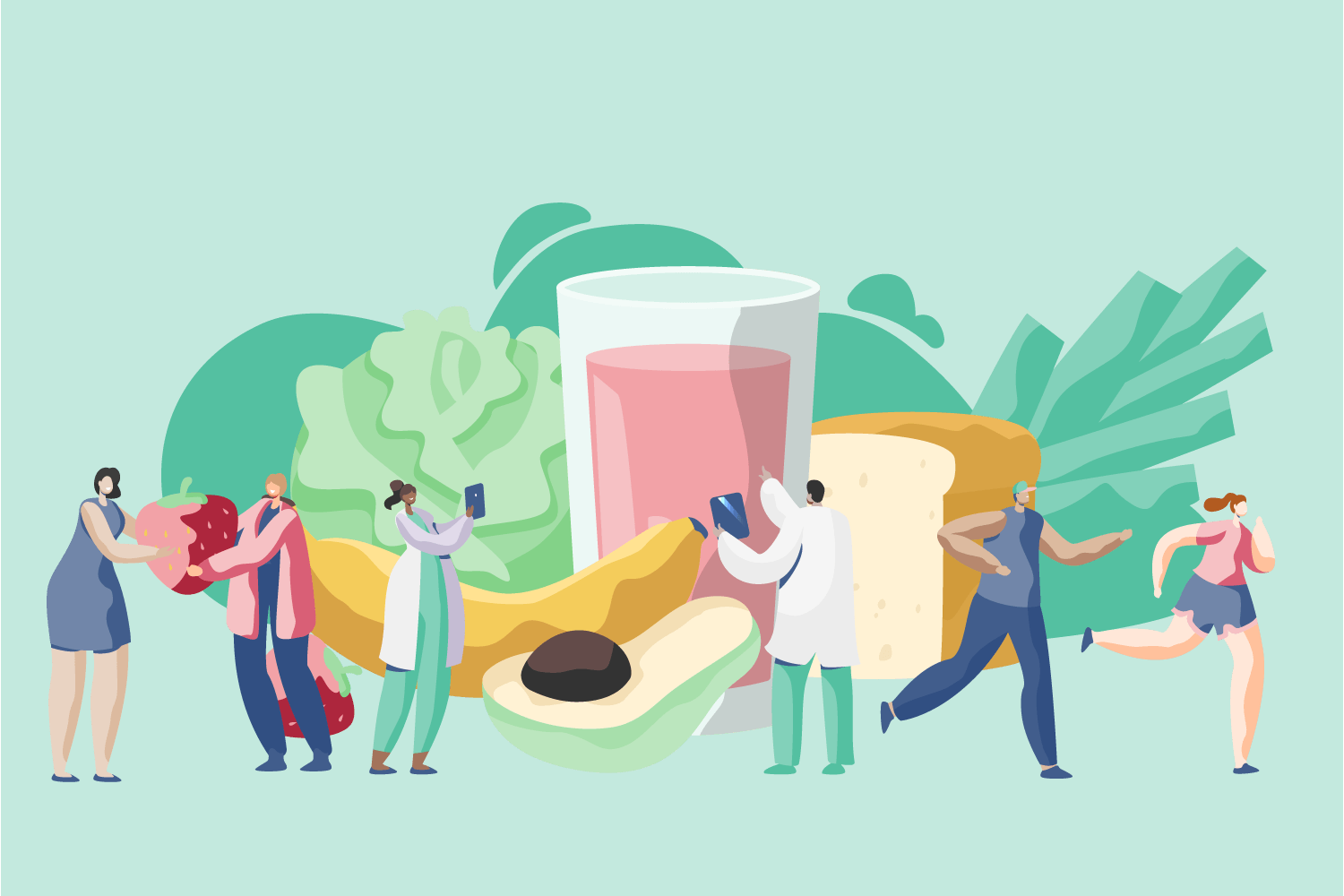What Exactly Does a Nutritionist do?
Nutritionist job description
Nutritionists are health professionals who give people advice on how to lead a healthy lifestyle by eating the right foods. They base their advice on science, policy and legislation, and guide their clients to change their diet according to their needs. They also are required to have extensive knowledge of supplements as well. Their clients can range from people who want to improve their health in general, to those who suffer from certain disorders.
These healthcare professionals may also devise meal plans that prevent illnesses from occurring in the first place. Unlike dieticians, nutrition professionals are not qualified to provide medical health intervention, in fact, anyone can claim to be a nutritionist in Australia. While the proper licensure is not required, you can confirm your qualifications by registering with the Nutrition Society of Australia to put your clients at ease. If this is your plan, be careful which course you choose to do: there’s a variety of free and paid nutrition courses available, but not all of them are nationally recognised.
A nutritionist usually works in the food industry, mainly through private practice that involves one on one sessions with their clients. However, some can work in the media, community health, education and private businesses. They might even present to groups about good nutrition and healthy living.
What does a nutritionist do?
The main responsibility a typical nutritionist has is to give specialised advice to their client after they have gained the necessary information to base a conclusion on.
They have to take into consideration age, gender, health condition and several other factors, and then determine what the best course of action is. Backed by the right nutrition qualifications, they can help with a variety of food-related issues, such as weight loss, food allergies, nutrient deficiencies and eating disorders.
Other duties include:
If you set up your own private business, you’ll have additional duties that come with running a business, such as:
These are just the general tasks that you’ll perform if you become a nutritionist, but there are several different branches that have more specific responsibilities.
For example:
Clinical nutritionist
These are nutritionists who work in hospitals, creating nutritional programmes for both individuals and groups particularly tailored for a specific disorder (e.g.: a nutritional programme for people with diabetes)
Management nutritionist
An expert who works in large care facilities or institutions, particularly in school cafeterias, hospitals and nursing homes. They plan meals and are often responsible for budgeting, portion control, and even purchasing the food necessary. They may also need to supervise chefs and other nutritionists as they prepare the meals.
Sports nutritionist
As you might have guessed, this type of nutritionist works with athletes and active people in general. They usually work in gyms and health clubs, helping their clients get the most out of their diet and their physical activity.

Nutritionist and Dietitian Careers in Australia: A Beginner’s Guide
This guide will teach you everything you need to know about the field of nutrition and dietetics and tells you the steps you need to take to become a nutritionist or dietitian.



